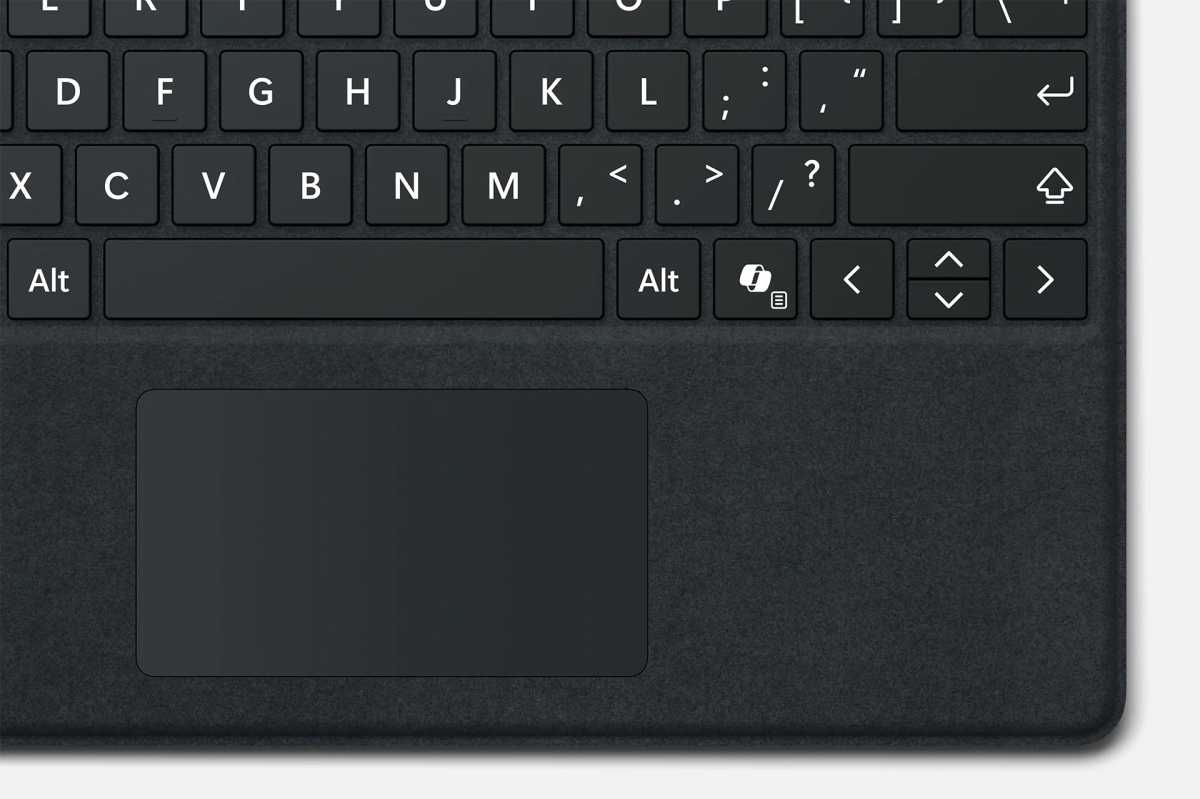
Image: Intel
This year everything is “AI,” whatever that means. Every new computer, game, software service, and soft-serve ice cream machine is apparently imbued with digital sentience, at least according to its branding. But when it comes to laptops and desktops, Microsoft has a very specific definition of “AI PC.” Surprise…it’s mostly branding.
According to a presentation from Intel on Tuesday, which weirdly debuted Microsoft’s “requirements for an AI PC,” vendors will need three specific components if they want to advertise their new machines as such. One, “NPU, CPU, and GPU powered silicon.” Since that presumably includes integrated GPUs like Intel’s Xe systems, the NPU (neural processing unit) is the new hotness in question.
What exactly is an NPU? That’s a bit nebulous at the moment. An NPU is a distinct (if not necessarily discrete) processor designed for specific tasks, very much like a GPU for visuals, but it’s for “AI.” Another term for an NPU is “AI accelerator.” But again, exactly what it does isn’t exactly clear. For the live demos I’ve seen, the most interesting thing it’s doing is blurring the background in video calls somewhat more efficiently than existing chips.
Microsoft also demands that an AI PC include its Copilot assistant…which is built into Windows 11. So, that’s basically a given. And also that there be a dedicated Copilot button on the keyboard, generally replacing the right-side Windows or Ctrl key. In some pre-CES demos I saw last year showing off near-final laptop designs, this was accomplished with a sticker on said key.
Finalized designs probably use more standard printing. You can see the new Copilot button on the keyboard for the latest Surface designs. PCWorld’s Mark Hachman compares it to the Cortana button formerly seen on Microsoft’s Siri-style voice command tool, which is now dead as a doornail.

Microsoft
If I take off my curmudgeon hat for a moment, I’ll have to admit that, yes, Intel and AMD’s latest processor designs both include NPU cores, and they’re being used to do more stuff. Take Intel’s AI Acceleration program for example, which is claimed to have been adopted by dozens of software vendors. But it seems like most of what they’re doing is offloading highly specific tasks from the CPU to the NPU to save battery life. Tasks like…blurring the background in a video call or processing an OBS stream while you play games. Not exactly revolutionary.
Microsoft’s Copilot system is still almost entirely dependent upon remote data centers to deliver its large language model magic, assuming you’re willing to pay for its fanciest tricks. In the future Copilot will be more efficient thanks to local hardware, including NPUs, but there’s no indication that it’ll be able to function entirely on local hardware any time soon.
So Microsoft has an answer to that most timely question, “what is an AI PC?” But it still isn’t saying a whole lot about exactly what that means for consumers, or how a new AI PC is better than the PC they already have.























